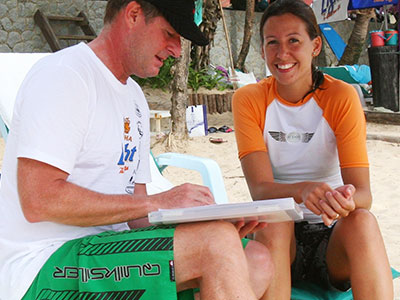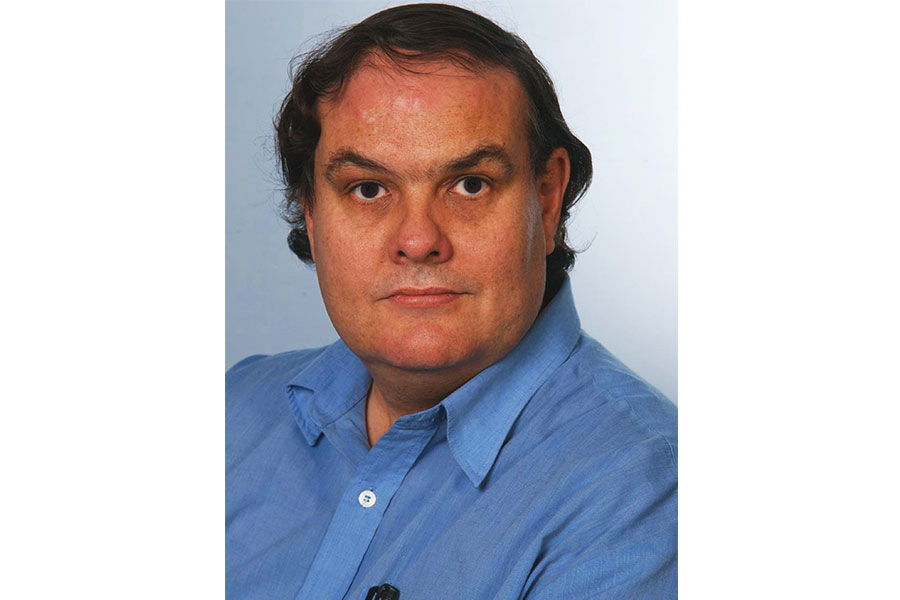Asst Professor Dr Steven A Martin
Assistant Professor of Asian Studies in Sociology and Anthropology
RESEARCH METHODOLOGY IN THE SOCIAL SCIENCES
Course Description
Meaning and types of research; an introduction to research methodology; quantitative and qualitative methods.
Course Objectives
- To introduce the meaning and importance of research methodology in social sciences.
- To understand different types and strategies of research processes.
- To identify various concept of research, such as topics, objectives, literature reviews, hypotheses, measurements, data collection, and data analysis.
- To follow the ethics of social sciences research and researcher’s code of conduct.
Research methods are progressively important
In this course, I share the meaning and significance of academic methods and methodologies in personal, educational, and professional contexts through personal and practical experience and research across a variety of topic areas and disciplines.
Learning and mastering research methods strengthen and validate our objective minds while gaining self-respect and self-confidence.
Given the importance and complexity of understanding, developing and applying research methodology, it is inevitably one of the least welcomed or understood courses among undergraduate and graduate students alike.
However, Research Methodology is one of the best courses to take at university! It opens the mind to the ways and means of deep learning, and opens the door to the meaning and experience of science, including the scientific method, that is, exploring our observations, and carrying out experiments in order to address the mysteries of life, and answer important and meaningful questions.
Social science research methods are no exception – they are profoundly significant life-long skills.
Is research a worthwhile skill for personal development?
Learning how to engage in academic discourse and innovate original work are dynamic life-long skills. In this way, conducting research strengthens and validates the objective mind while gaining self-respect and self-confidence.
- Publishing opens doors to other professional opportunities.
- Research increases graduate school and scholarship prospects.
- Research provides the practical ability to meet personal and professional needs.
- Understanding research methods and publishing are key to individual and academic development.
Is a research adviser important for students and new researchers?
A research adviser provides structure and guidance throughout the research process, including topic selection, identifying appropriate methods, and helping you to organize field results into narrative discussion worthy of publication.
A research adviser may also help to:
- Open doors to local organizations and businesses.
- Inspire field experiences and arrange personal interviews.
- Forge life-long networks leading to future academic accomplishment.
- Develop and outline the publication process across fields and disciplines.
- Receive feedback from other scholars, reviewers and conference participants.
Understanding the disciplines of study
Historical viewpoint | The Margarita Philosophica and the 7 Liberal Arts
The Maragrita Philosophica [pdf] (the philosophic pearl) is an outstanding starting point to understanding the disciplines of study and from where methods of research developed. The book provides deep historical perspective and imagination into the seven Liberal Arts, featured as seven angels on the cover (see below).
The Margarita is a magnificently illustrated encyclopedia compiled in 1503 by a Carthusian monk named Gregor Reisch (c.1467-1525). Reisch produced what is essentially the world’s first interdisciplinary textbook, covering all seven liberal arts and providing appropriate background across disciplines and courses.
Widely used as a university textbook in the early sixteenth century, particularly in Germany, it is a book of historical significance and sheds light on university curriculum and collective scientific knowledge at the close of the Middle Ages, 500-600 years ago.
Separated into twelve chapters, Maragrita Philosophica covers traditional subjects of the trivium (grammar, logic, rhetoric) and quadrivium (arithmetic, music, geometry, astronomy); and four chapters address natural philosophy, including the elements, meteorology, alchemy, the plant and animal kingdoms, optics and memory. The final sections and topics include heaven, hell, purgatory; and the book concludes with a chapter on moral philosophy, reflecting the period when church, state and education were closely integrated.
The scientific method and publishing academic research in an international journal
When looking to publish our research, the scientific method should be formatted in nine sections.
- Abstract
- Introduction
- Literature review
- Methods and materials
- Results
- Discussion
- Conclusion
- References
- Appendix
Workshop on how to publish papers in international journals
Coordinator : Assoc. Prof. Dr. Raymond J. Ritchie
Technical and Online Support : Asst. Prof. Dr. Steven A. Martin
For the scholar who studies or works in a university, doing scholarly research and publishing the findings in the form of articles in peer-reviewed international journals are some of the most important academic activities. It is important to learn how to do it yourself so you can set-up your own career.
This workshop includes a number of advanced topics regarding how to publish a paper in international journals. It is very good opportunity for learning from the experience and techniques of an experienced publisher of papers. Emphasis is on practical information on how to do it, and what Dr. Ritchie has leant from experience, that is, what works and what does not.
- 1 | Introduction
- 2 | Materials and Methods
- 3a | Results | Text
- 3b | Results | Tables
- 3c | Results | Figures
- 4a | Discussion | The Light Side
- 4b | Discussion | The Dark Side
- 5 | Preparing the Abstract
- 6 | Submission of the Paper
- 7 | Dealing with Referee's Report
- 8 | How to Make a Poster
- 9 | Scientific Fraud
- 10 | Academic Humor
Assoc. Prof. Raymond J. Ritchie is a Ph.D. graduate of the University of Sydney and has post-doctoral experience in Scotland, USA, Canada and Australia. He has published 98 peer reviewed academic papers on a wide variety of topics, including animals, bacteria, plants, science education, social sciences, and theoretical biology.
Aim and content of the workshop
The aim of this workshop is to teach students and staff how to publish papers in international journals rather than simply writing in English. The complete procedure of getting a paper published will be covered step by step. Conceiving the paper, getting organized, how to use references and choosing the most suitable journal. The problem of nefarious journals will be discussed, including the use of Beall’s List and the Thomson-Reuters ISI rating to identify journals which you should, or should not, submit papers to.
Choosing a journal and developing the paper
The core of the workshop will consist of choosing a journal that you judge to be suitable, how to write the introduction, how to write the materials and methods, how to describe your results with its graphs, tables and captions for figures, and how to write a proper discussion of your results and their implications from what the results show and compared to what was already known. The critical importance of using and formatting references correctly, and making sure that all references are included, will be discussed.
Scholar-One and ethical practices
Submitting a paper using online systems, such as Scholar-One, will be demonstrated, as will the standard journal procedures required after you submit a paper. Lastly, ethical practices will be discussed including plagiarism, self-plagiarism, double publication, and the delicate issue of scientific fraud.
Examples of videotaped personal interviews
Personal interviews are good way to collect original information from individuals and experts on a given topic. Recording personal interviews on video provides an accountable record which can be reviewed and shared with others.
Please visit my Personal Interview Page for more examples.
Prof. Peter Bellwood | Austronesian Studies | Batanes Philippines
Prof. Wilhelm Solheim | Archaeology in Southeast Asia
Prof. Kay Chon | Asian Paradigm
“Learn and accumulate the results of learning, pose questions and differentiate among the results, dwell unambiguously in what has been attained, and carry it into practice with benevolence.” – Confucius
Home | About | Academic Profile | Courses | Education | Learning Adventures | News | Projects | Publications | Research | Surfing | Video | Contact







